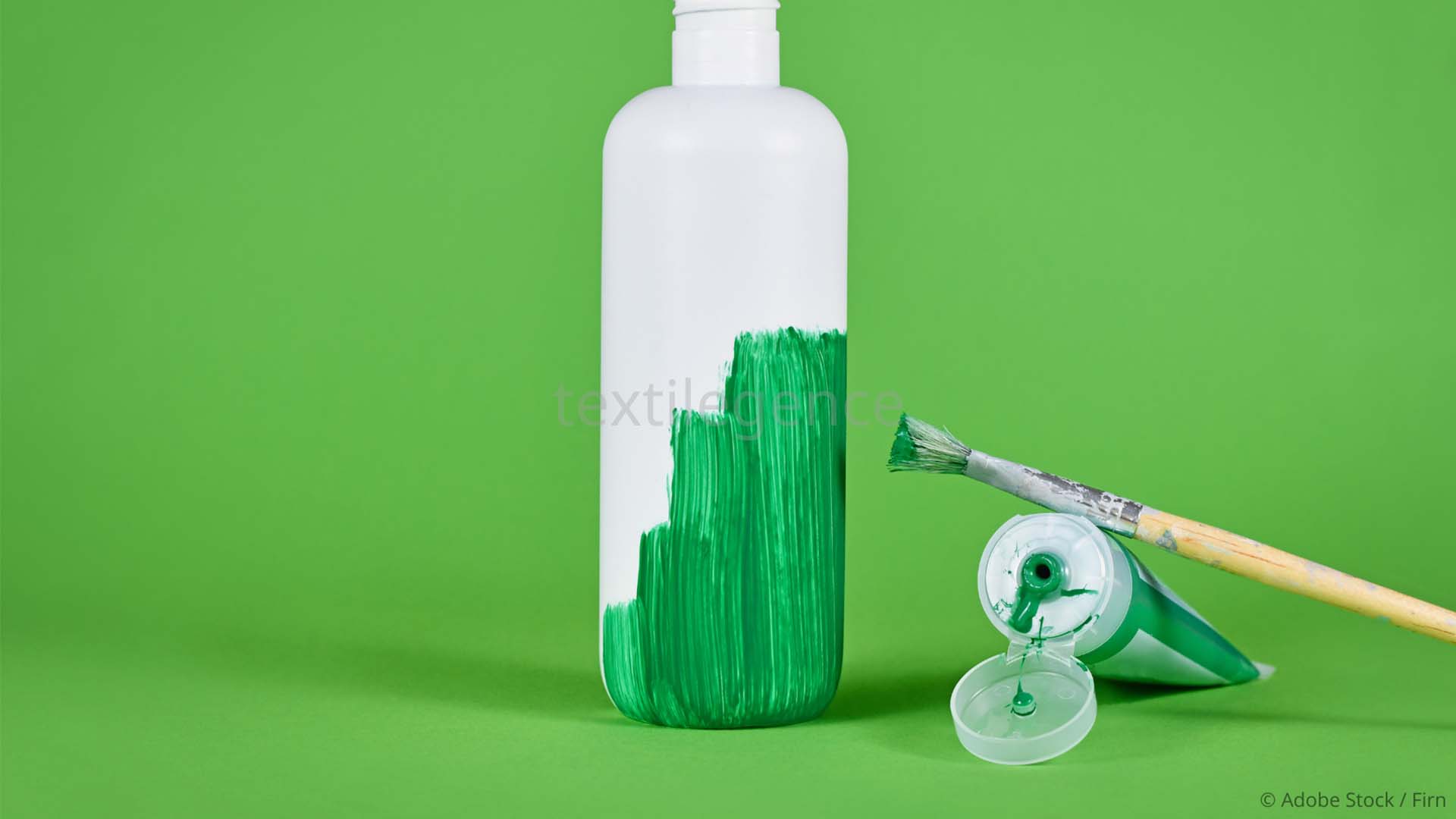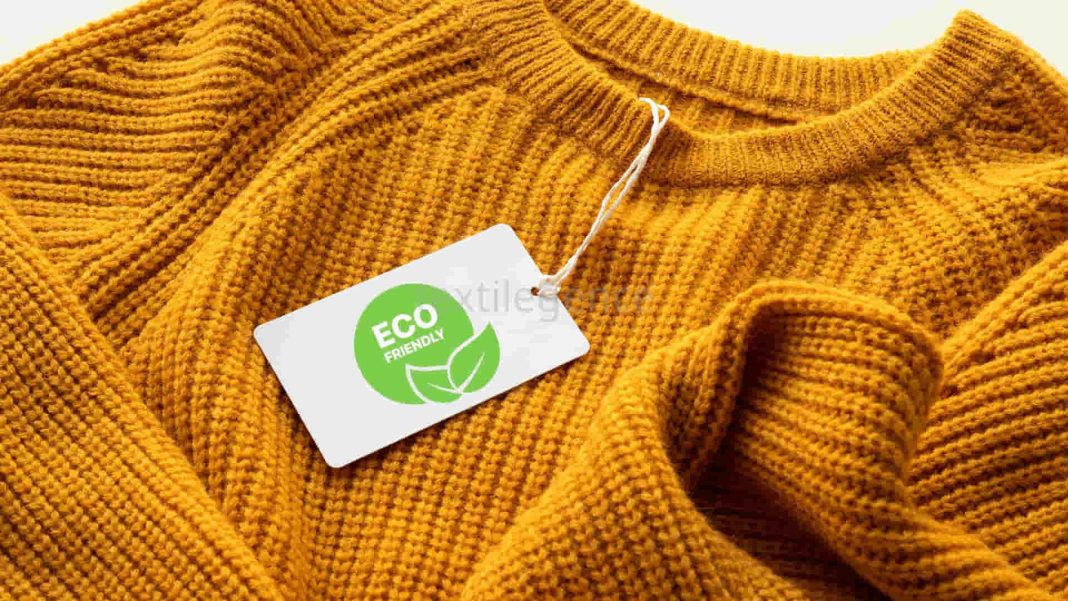Members of the European Parliament adopted a new law banning greenwashing and misleading product information, which means we will no longer see statements like “environmentally friendly”, “natural” or “biodegradable” on labels if there is no certification or approval. The directive adopted on January 17, with 593 votes in favour, 21 against and 14 abstentions seeks to protect consumers from misleading marketing practices and help them make better purchasing choices. To achieve this, a number of problematic marketing habits related to greenwashing and the early obsolescence of goods will be added to the EU list of banned commercial practices.
According to the new rules, Generic environmental claims and other misleading product information will be outlawed; Only sustainability labels based on approved certification schemes or established by public authorities will be allowed; Guarantee information has to be more visible and a new guarantee extension label will be introduced.
Environmentally friendly according to whom?
Most importantly, the new rules aim to make product labelling clearer and more trustworthy by banning the use of general environmental claims like “environmentally friendly”, “natural”, “biodegradable”, “climate neutral” or “eco” without proof.
The use of sustainability labels will also now be regulated, given the confusion caused by their proliferation and failure to use comparative data. In the future, only sustainability labels based on official certification schemes or established by public authorities will be allowed in the EU.
Additionally, the directive will ban claims that a product has a neutral, reduced or positive impact on the environment because of emissions offsetting schemes.

Durability of goods in focus
Another important objective of the new law is making producers and consumers focus more on the durability of goods. In the future, guarantee information has to be more visible and a new, harmonised label will be created to give more prominence to goods with an extended guarantee period.
The new rules will also ban unfounded durability claims (for example saying that a washing machine will last for 5,000 washing cycles if this is not true under normal conditions), prompts to replace consumables earlier than strictly necessary (often the case with printer ink, for example), and presenting goods as repairable when they are not.
“This is a big win for all of us!”
“This law will change the everyday lives of all Europeans!” said Parliament’s rapporteur Biljana Borzan (S&D, HR) and noted that they will step away from throwaway culture, make marketing more transparent and fight premature obsolescence of goods. Borzan disclosed: “People will be able to choose products that are more durable, repairable and sustainable thanks to reliable labels and advertisements. Most importantly, companies can no longer trick people by saying that plastic bottles are good because the company planted trees somewhere – or say that something is sustainable without explaining how. This is a big win for all of us!”
